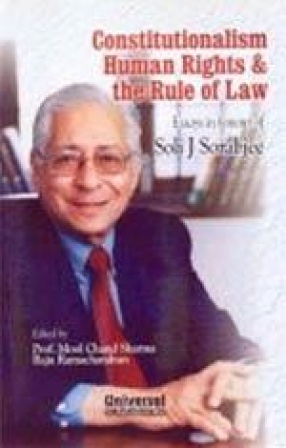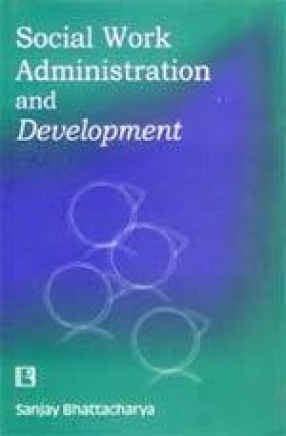Volume 6: Piaget is the father figure in the developmental psychology. Piaget dwells on the theme that all educational endeavours should be aimed at the developmental aspects of the personality of the child. The French philosopher has pointed out that all those subjects that increase the capacities of the mind of the child should be given priority. Subjects like mathematics science and geography alongwith social studies increase the mental level of the child. Piaget also points out that emphasis should be laid on those qualities of a child which lead to further development of the child. The power of reasoning, analysling and understanding need to be developed. Piaget is thus the contemporary God Father of education. Volume 7: Pestalozzi carried out his educational experiments in Switezerland and came to the conclusion that children should be educated according to their psychology. He pioneered the psychological movement in Education. His main emphasis was on developing the senses of children. He was confident that if the powers of observation analysis, discussion and inquiring was developed among the children they will be educated properly. This is rather surprising that Pestalozzi’s experimental school did not succeed in his life time, but after his death the whole world realized the value of his experimental school did not succeed in his life time, but after his death the whole world realized the value of his experimental approach in education based on child psychology. This book deals with all the thoughts of Pestalozzi in his own words. Volume 8: John Adams was the first educational philosopher who ventured to identify the inherent problems of Education. He dwelt on knowing the problems of providing good teachers, infrastructure like school building, playgrounds, laboratories, library and other teaching aids. The problems of school administration, supervision and curriculum construction, were discussed by him in a very scientific way and have helped in the development of an educational theory. John Adams thus became the Prophet of educational theory. Volume 9: Probably the first attempt to make teaching a methodical exercise started with Herbart. In spite of the fact that normal schools had started to train teachers in Europe in the nineteenth century, teaching as an exercise was an individual one. It was Herbart who gave some positive steps which were rather necessary if not compulsory to be taken by a teacher before starting a lesson. A good teacher was expected to introduce his lesson to the class, so that the students could understand as to what they were going to learn? The next step was to be the presentation of the school lesson. It depended upon the individual teacher as to how he or she presented the lessons. After the lesson has been presented, the main themes of the lesson were to be recapitulated and few questions were to be put to the students. Of course the teacher had to plan the lesson. It will thus be seen that Herbart may rightly be called as the father of planned teaching. Volume 10: Cole is the modern Prophet of education. In the twentieth century there have been great developments in the content and methodologies of education. The post-World War II education had to orient itself according to the needs and aspirations of the modern world. The industrial revolution, the collapse of capitalism and imperialism, had very deep influences on world educational systems. Most of the world educational systems have been influenced by the American system. Cole is the prophet of these influences.

Prophets of Education (Volume 6 to 10)
In stock
Free & Quick Delivery Worldwide
reviews
Bibliographic information
Title
Prophets of Education (Volume 6 to 10)
Edition
Repriint
Publisher
Length
vi+347p., vi+217p., viii+327p., xii+214p., viii+334p., References; Bibliography; 23cm.
Subjects




There are no reviews yet.